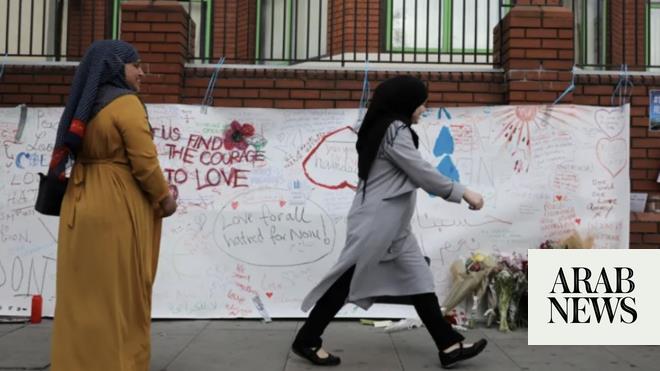
At least 16 members of the armed forces have been referred to the UK’s terrorism prevention programme – in the majority of cases because of concerns about far-right activity.
Soldiers, air force and naval personnel were among those investigated over the past two and a half years under Prevent, which aims to stop people becoming radicalised, according to figures obtained by the Guardian under freedom of information.
The figures reveal 14 investigations were carried out in 2019 into serving armed forces personnel. Eleven stemmed from far-right concerns.
The Ministry of Defence (MoD) would only say that the number of investigations in 2020 was “less than 10” and that the number so far this year was “less than five”.
The campaign group Hope Not Hate said the MoD had publicly committed to have a zero-tolerance approach to far-right extremists operating within the armed forces, but added: “Unfortunately, the strong words have not always led to strong action.”
Nick Lowles, Hope Not Hate’s chief executive, said action had sometimes not been taken against military personnel identified as active far-right extremists, while investigations into racist incidents had gone cold.
“The referrals of so many serving military personal to Prevent, and the general rise in violent far-right extremism in society as a whole, should act as a reminder of the ever present threat of [far-right] extremism and the need for the MoD to increase its internal education and enforcement of its publicly stated rules.”
Other figures released to the Guardian show Prevent referrals (fewer than five) were made this year for members of the RAF air cadets. Referrals relating to concerns about far-right radicalisation were also made for army cadets in 2019.
In 2018, a lance corporal, who was among four soldiers arrested, was convicted of being a member of the the banned neo-Nazi group National Action. Mikko Vehvilainen was said by prosecutors to have acted as a recruiter within the army for the group.
Another was acquitted of membership but his trial heard he had a cardboard swastika openly displayed on his window sill at a barracks in Cyprus.
Two naval personnel, including one who was due to work on a Trident nuclear submarine, were exposed as members of the far-right Identitarian Movement, which has links to a banned terrorist organisation.
Racist hate crime within the armed forces included an incident at a British army base in Cyprus last year when a black soldier found racist graffiti sprayed on his car. Despite a military police investigation, the MoD said this week that “charges were not able to be brought”.
Concerns were also raised by members of the Commons home affairs committee, including Diane Abbott, who described the referrals as “extremely worrying”. “Auditing and vetting of services’ personnel must be increased to counter infiltration or recruitment, from any type of terrorist organisation,” she said.
Another committee member, the Scottish National party MP Stuart McDonald, said: “These figures are really concerning, but not hugely surprising as we know our dedicated armed forces personnel have increasingly become a target for infiltration and exploitation by far-right extremists.
“We also know there have been warnings in the recent past that the threat posed by violent rightwing extremists is not being treated seriously enough by the UK government. It is still far from clear that this lack of focus and action has been rectified.”
An MoD spokesperson said: “We do not tolerate extremism of any kind and it is not compatible with the values and standards of our armed forces. We continue to be vigilant and will take early action to confront and challenge such behaviours if they occur, including referrals to appropriate authorities.”












